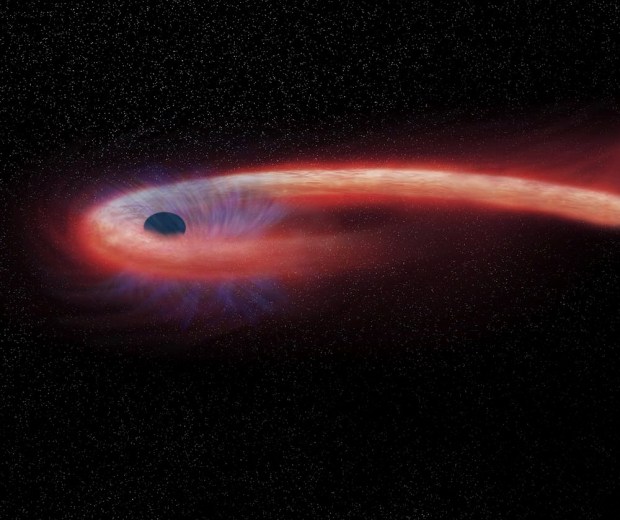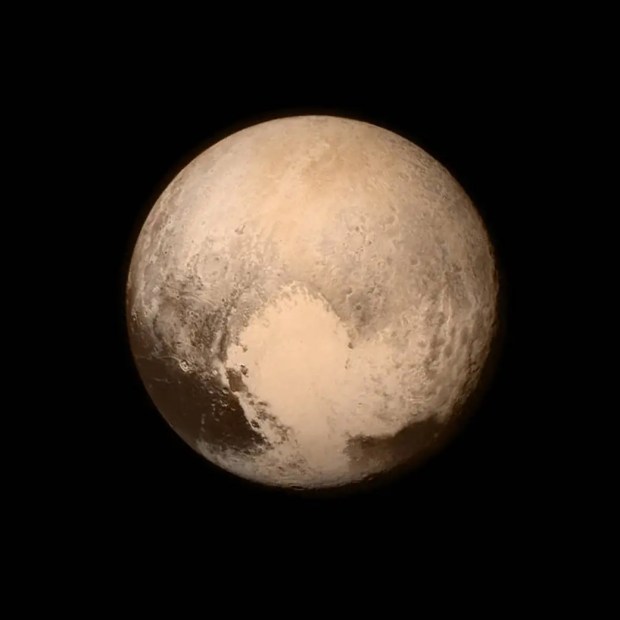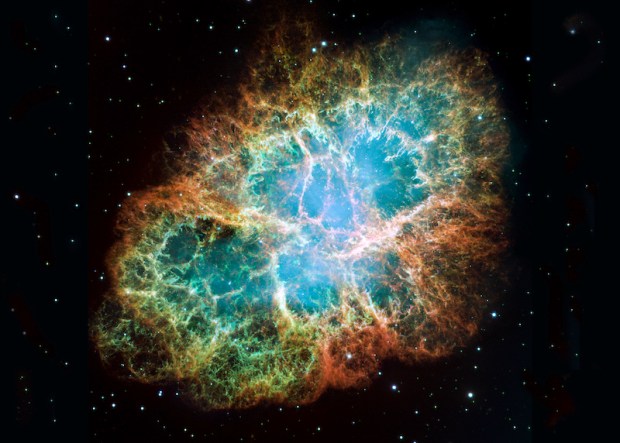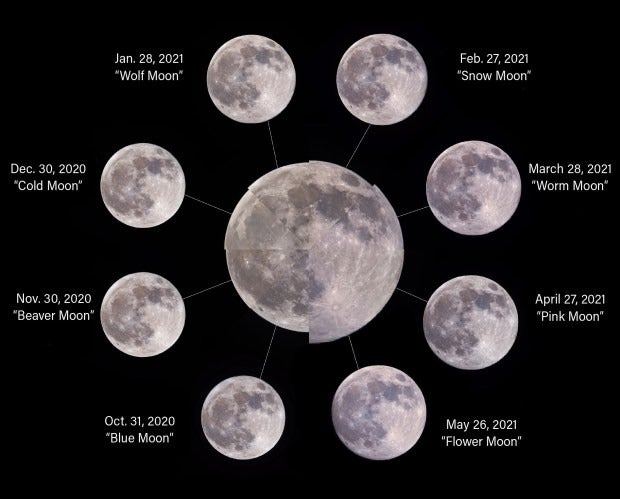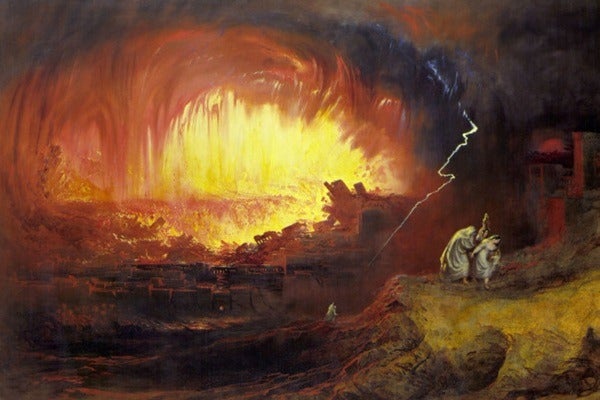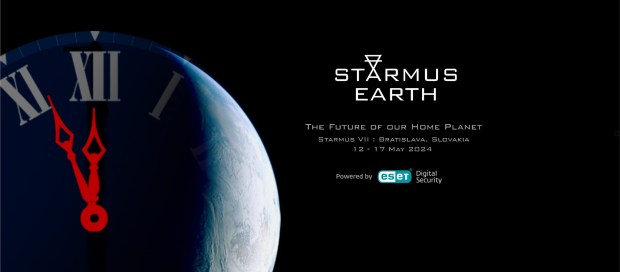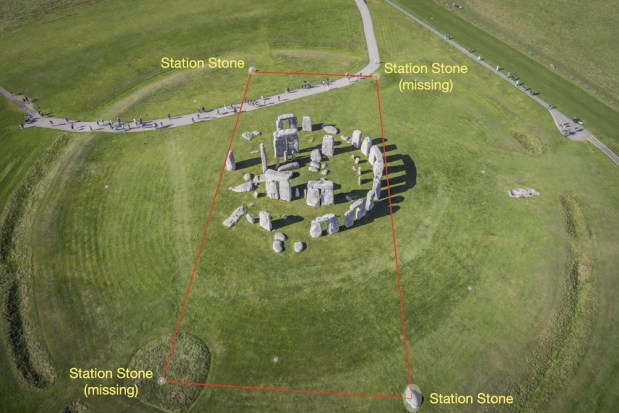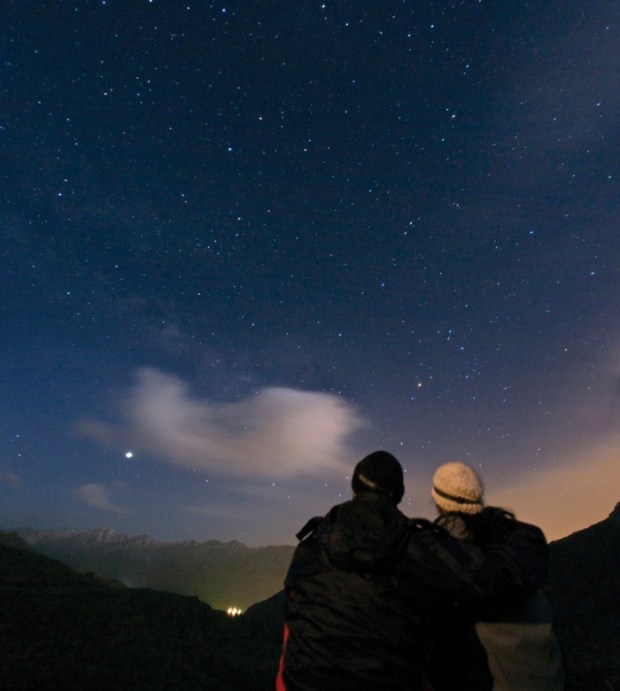There is strong evidence that every galaxy has a black hole in its center. These black holes have masses between a million and a billion Suns and so are referred to as “supermassive.” They are not visible directly, but material swirls around the black hole in an accretion disk before its final demise. That material can become hot and emit radiation, including X-rays that can be detected by space-based telescopes while associated radio emission can be detected by telescopes on the ground.
As well as radiation, twin jets are often associated with black holes and their accretion disks. There are many factors that can cause these jets to form, but scientists believe the spin of the supermassive black hole is important. However, there are conflicting predictions about how the spins of the black holes should be evolving, and until now this evolution was not well understood.
Martinez-Sansigre and Rawlings compared theoretical models of spinning black holes with radio, optical, and X-ray observations made using a variety of instruments and found that the theories can explain very well the population of supermassive black holes with jets.
Using the radio observations, the two astronomers were able to sample the population of black holes, deducing the spread of the jets’ power. By estimating how they acquire material (the accretion process), the two scientists could then infer how quickly these objects are spinning.
The observations also give information on how the spins of supermassive black holes have evolved. In the past, when the universe was half its present size, practically all of the supermassive black holes had low spins, whereas today a fraction of them have high spins. So on average, supermassive black holes are spinning faster than ever before.
This is the first time that the evolution of the spin of the supermassive black holes has been constrained, and it suggests that those supermassive black holes that grow by swallowing matter will barely spin, while those that merge with other black holes will be left spinning rapidly.
“The spin of black holes can tell you a lot about how they formed,” said Martinez-Sansigre. “Our results suggest that in recent times a large fraction of the most massive black holes have somehow spun up. A likely explanation is that they have merged with other black holes of similar mass, which is a truly spectacular event, and the end product of this merger is a faster spinning black hole.”
“Later this decade, we hope to test our idea that these supermassive black holes have been set spinning relatively recently,” said Rawlings. “Black hole mergers cause predictable distortions in space and time — called gravitational waves. With so many collisions, we expect there to be a cosmic background of gravitational waves, something that will change the timing of the pulses of radio waves that we detect from the remnants of massive stars known as pulsars.
“If we are right, this timing change should be picked up by the Square Kilometer Array, the giant radio observatory due to start operating in 2019.”

